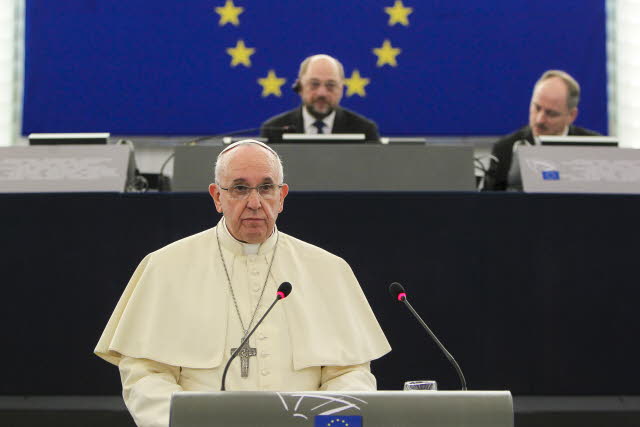Brussels – A new business model for European farmers and foresters: in the midst of farmer protests in several EU countries in recent weeks, negotiators in the EU Parliament and Council reached a provisional political agreement overnight to bring to life the first (voluntary) EU-level certification framework for carbon removals, both industrial and natural, to contribute to the EU’s climate neutrality 2050 targets. To verify that every ton of carbon removed from the atmosphere is absorbed and not just declared as such. The European Commission proposed the regulation in November 2022 because if cutting emissions is at the heart of EU’s effort to become climate neutral, it is impossible to neutralize them without increasing the amount of carbon removed from the atmosphere through natural practices or specific technologies.
The framework covers both industrial technologies and ‘natural’ practices: it is limited to so-called carbon farming, i.e., forest and soil restoration and prevention of soil emissions, peatland rewetting, more efficient use of fertilizers, and other innovative agricultural practices; to industrial carbon removal, bioenergy techniques with carbon capture and storage (BECCS), or direct air carbon capture and storage (DACCS); and to temporary carbon storage in durable products (such as wood-based constructions) of at least 35 years and that can be monitored on-site throughout the monitoring period.
Deal!@EUCouncil & @Europarl_EN provisionally agree on a regulation to set up the 1st certification framework for #carbon removals.
By aiming to scale up carbon removal activities & fighting greenwashing, it’ll help reach the goal of reaching #climate neutrality by 2050. pic.twitter.com/ZEDRzohD6V
— Belgian Presidency of the Council of the EU 2024 (@EU2024BE) February 20, 2024
The new rules – which will now have to be formally adopted by both institutions separately – introduce criteria to ensure the quality of carbon uptake and the transparency and credibility of the certification process so that it is “properly quantified,” stored for an agreed long-term period (a minimum of 35 years for carbon stored in products); and that it contributes to the EU’s sustainability goals.
Based on the quality criteria, the Commission will develop tailored certification methods for different types of carbon removal activities, relying on an expert group.
The political understanding also calls to establish, within four years of the regulation’s entry into force, a transparency registry on certified carbon removals. Compared to the European Commission’s 2022 proposal, the EU co-legislators maintained the voluntary nature of the framework; however, concerning carbon farming, they clarified that it must always generate at least one co-benefit for biodiversity (including soil health and prevention of soil degradation).
“We’re creating an EU-wide voluntary framework to reliably certify high-quality carbon removals.
Over time, this will create an important additional business model for farmers and foresters.
It will avoid greenwashing and benefit climate and biodiversity,” according to European Commissioner for Climate Action, Wopke Hoekstra, who comments on X about the political agreement reached overnight, one of the last remaining European Green Deal files to be closed.
English version by the Translation Service of Withub









